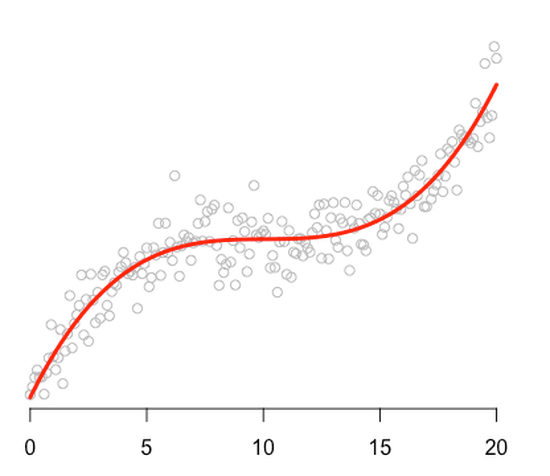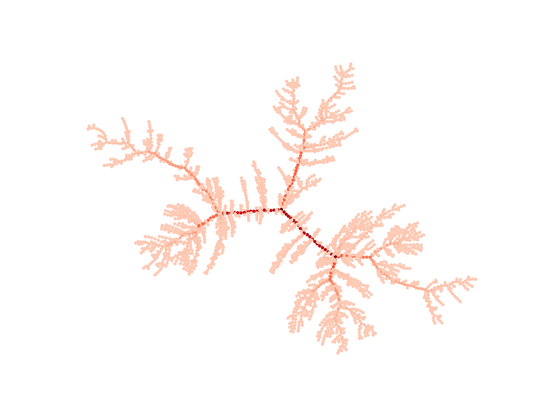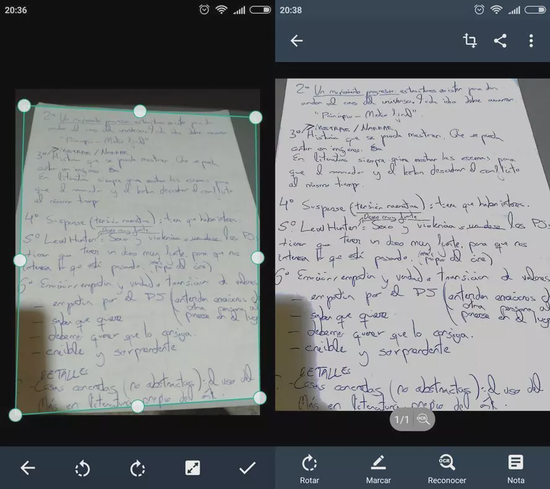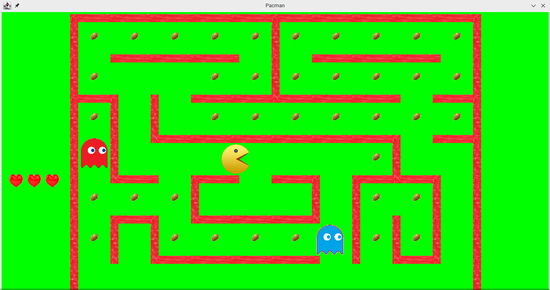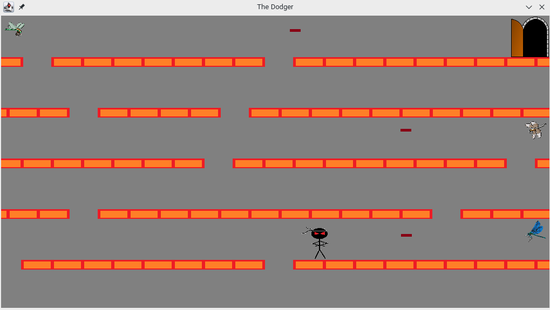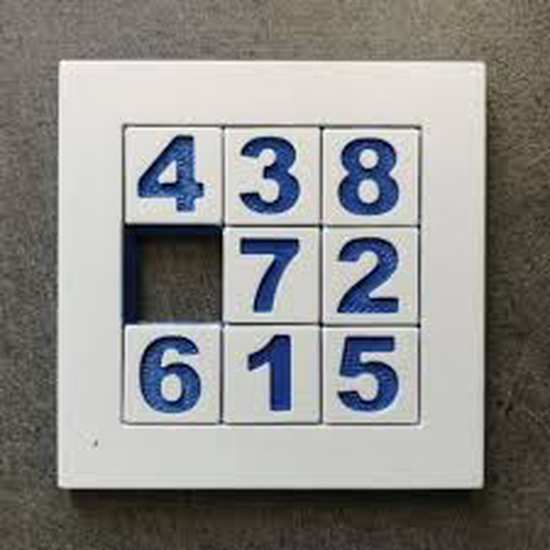Biography
As a highly skilled Computing Science graduate with an MSc from Simon Fraser University, I have a strong foundation in research, algorithm design, and teaching. My academic work has focused on algorithm design, particularly in graph algorithms, where I have developed a deep understanding of computational stability and problem-solving techniques.
I have extensive experience as a Teaching Assistant for 13 courses across multiple departments at SFU, where I helped students from diverse backgrounds understand complex topics and supported their academic growth. My ability to effectively communicate and explain difficult concepts has been refined through this role, ensuring students receive prompt and accurate guidance.
In addition to my academic and teaching background, I have professional experience as a Business Intelligence Analyst, where I worked with large datasets, visualized data using QlikView, and developed SQL scripts for optimizing dashboard performance. My expertise in data visualization and analytics has helped organizations transform raw data into actionable insights.
I am passionate about problem-solving, and my proficiency in algorithm design, combined with my background in Physics and Computer Engineering, enables me to approach challenges with a highly analytical mindset. I am eager to apply my skills to innovative projects and continue expanding my knowledge in both research and industry settings.
Interests
- Algorithms
- Complexity Theory
- Graph Theory
- Data Visualization
- Business Intelligence
Education
-
MSc. in Computing Science, 2021 - 2024
Simon Fraser University
-
B.Sc. in Computer Engineering, 2014 - 2020
Amirkabir University of Technology
-
B.Sc. in Physics, 2014 - 2019
Amirkabir University of Technology
